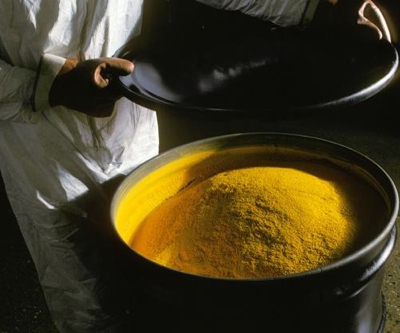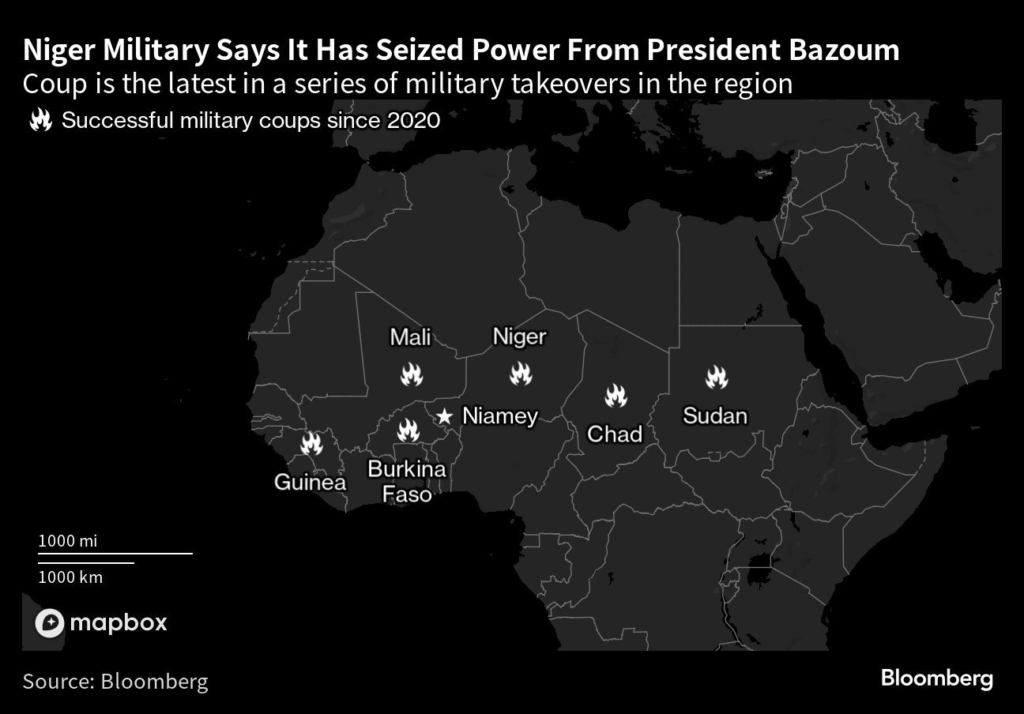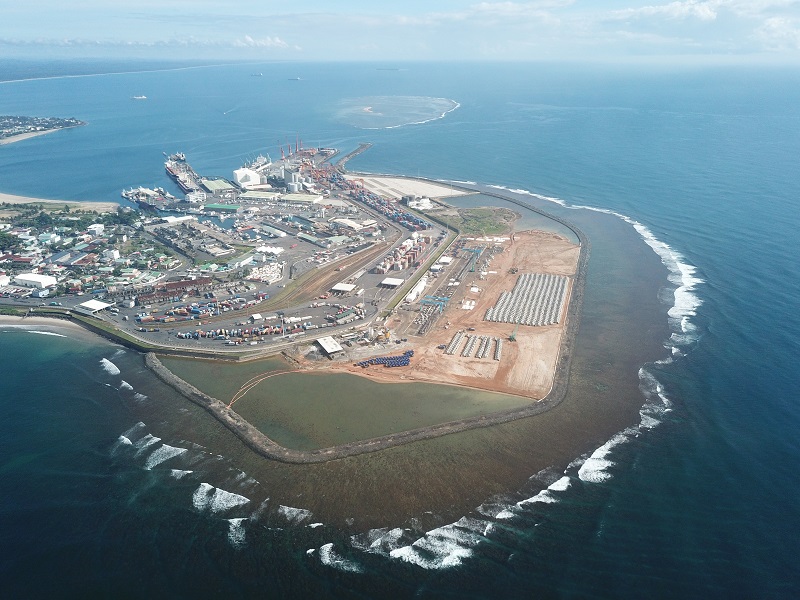Uranium price edges higher after Niger coup, further gains anticipated

In the aftermath of Niger’s recent military coup against President Mohamed Bazoum, uranium prices have experienced a slight increase, with some analysts predicting more significant gains in the future.
Despite the political upheaval, mining operations have continued in Niger, which is the world’s seventh largest producer of uranium.

According to market research firm and consultancy UxC, the uranium spot price rose to $56.25 per pound on Monday, up from $56.15 a week earlier. While the price has doubled over the past three years, it remains far below its peak of $140 reached in 2007.
French nuclear fuels company Orano said on Tuesday that its operational activities were ongoing, even as France planned to evacuate its citizens from Niger. Orano highlighted that 99% of its staff in the country were Nigerien nationals, ensuring continuity in their mining operations.
UxC president Jonathan Hinze said that the spot price has seen little change partly because Orano primarily sells uranium through long-term contracts, and the summer months are typically slow in the spot market.
“An event like this could take a bit more time to seep into the market psychology. We could very well still see bigger impacts in the days and weeks to come,” Hinze told Reuters.
“All indications would be that this would be a catalyst for upward moves in the uranium price given the overall tight supply/demand balance in uranium at this time.”
The European Union nuclear agency Euratom said on Tuesday it saw no immediate risk to nuclear power production in Europe should Niger cut its deliveries of uranium since utilities in the bloc had sufficient inventories to last for three years.
Niger was the second-largest supplier of natural uranium to the EU last year, Euratom said.
On Monday, the junta that seized power in Niger detained senior politicians, including the mines minister.
(With files from Reuters and Bloomberg)
More News
{{ commodity.name }}
{{ post.title }}
{{ post.date }}




Comments